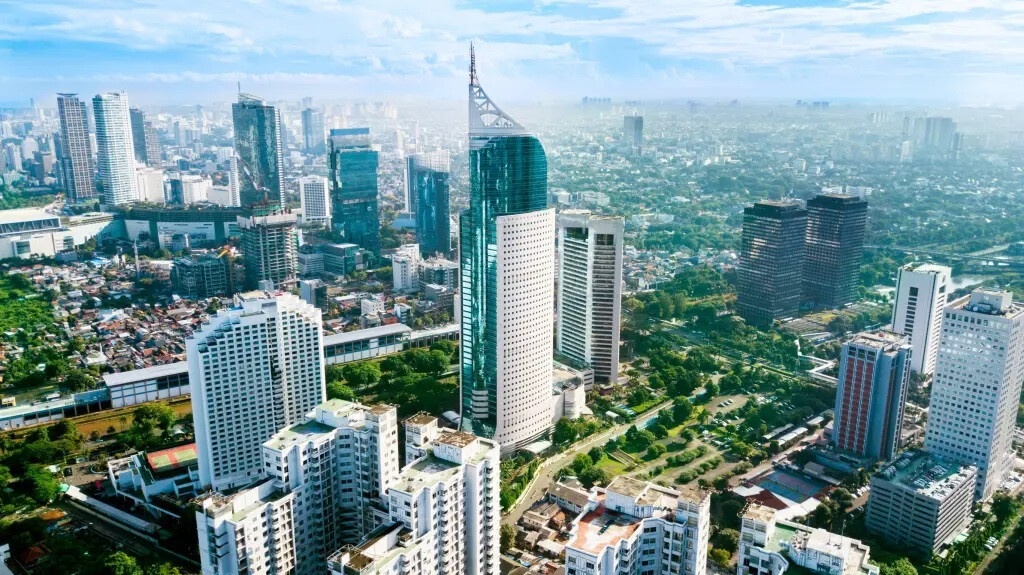
Singapore maintained its position as the most active tech investment market in Southeast Asia in 2024, but venture capital (VC) deals have shown an overall downward trend since their peak in 2021, according to a research report by January Capital.
The report stated that Singapore attracted $1.1 billion in investment in 2024, a 21% decrease compared to the previous year. It recorded $1.2 billion in the first half and $1.1 billion in the second half. The number of tech deals also decreased by 27% year-on-year in 2024. In the second half of 2024, 165 deals were closed, significantly lower than the 230 deals in the first half, 256 in the second half of 2023, and 291 in the first half of 2023. This is the lowest figure since at least 2020.
However, despite this decline, Singapore's investment and deal volume remain significantly higher than Indonesia's. Indonesia recorded 63 deals in the first half of 2024 and 45 deals in the second half.
According to a survey conducted by January Capital, approximately 31% of founders expect Indonesia to have the most opportunities for startups in the next 5 to 10 years. Singapore followed with 28%.
In terms of valuation, the average pre-money valuation of Singaporean seed-stage companies increased by 9.4% year-on-year to $10.1 million. The valuation of companies attracting Series A investment also rose by 6.1% year-on-year to $37.7 million. Notably, Series B stage companies showed the largest increase in valuation, up by 74.8% year-on-year to an average of $249.2 million. This is a significant increase compared to the 2023 average of $142.6 million.
Conversely, the average valuation of Series C and later-stage companies fell by 41.7% year-on-year to $163 million, the lowest since at least 2020.
By sector, fintech emerged as the most active investment area in the Asia-Pacific region, followed by healthcare, food & beverage/agritech, and software/AI.
The overall venture investment market has been undergoing adjustments in recent years due to persistent global economic uncertainties. Interest rate hikes, inflationary pressures, and geopolitical instability are affecting investor sentiment, and the Southeast Asian market is no exception. In particular, 2021 saw a surge in venture investment due to expectations of accelerated digital transformation following the COVID-19 pandemic, making the relative decline in 2024 more pronounced.
However, Singapore continues to play a significant role in the Southeast Asian venture investment market, underpinned by strong economic fundamentals, a stable political environment, and a well-developed technology ecosystem. The government's proactive startup support policies and excellent human resources also bolster Singapore's competitiveness.
Indonesia is gaining attention as a promising investment destination due to its large domestic market, young demographic, and rapidly growing digital economy. However, challenges remain in areas such as investment infrastructure and the regulatory environment.
Overall, the Southeast Asian venture investment market is assessed to have long-term growth potential despite short-term volatility. It will be important to closely analyze the characteristics and growth drivers of each country and to diversify investment portfolios.
[Copyright (c) Global Economic Times. All Rights Reserved.]



























